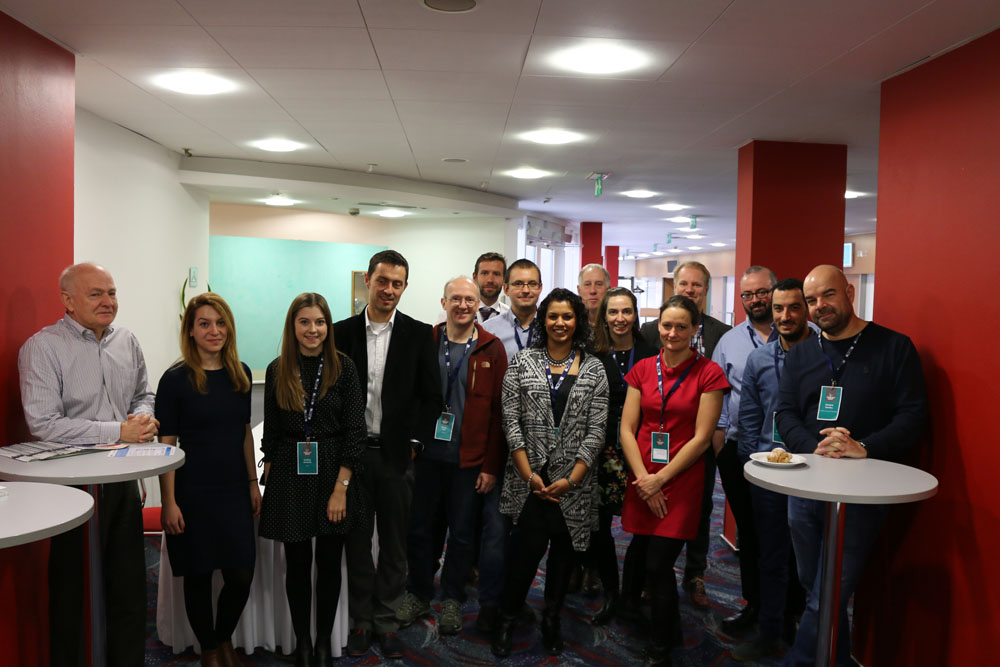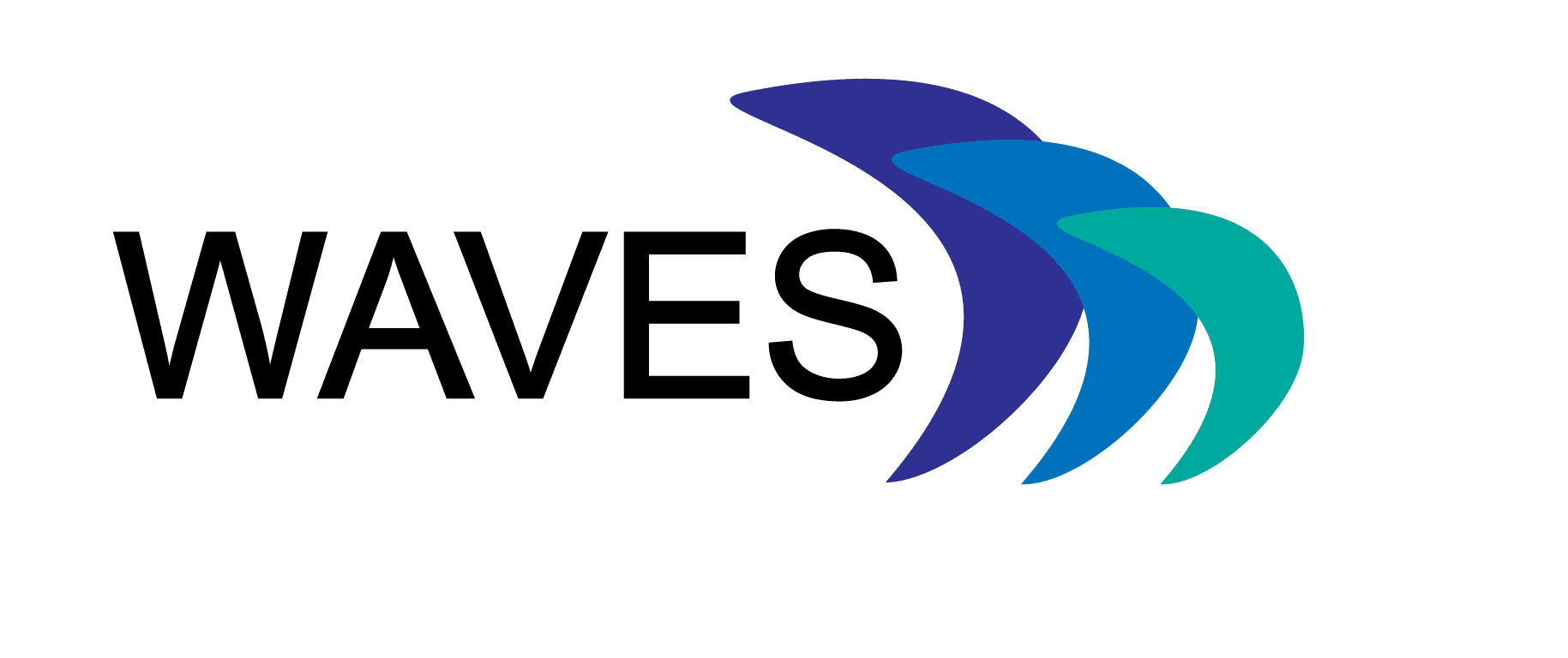The 4th WAVES face-to-face meeting took place on 27th and 28th November 2017 in Brno, Czech Republic. The project meeting was followed by the 11th MEFANET conference where the WAVES project delivered a workshop and a Key Note presentation focused on Scenario Based Learning and WAVES outcomes.
 Members from each of the 6 project partners attended and participated within the two days face-to-face meeting. The meeting was an opportunity to share and discuss the key deliverables completed since the last face-to-face meeting such as the integration of VS systems with learning platforms like the MOOC platform called FutureLearn. The meeting started with discussions around WP3 and the development of the non-technical tool kit but in particular showcases the developments of the MOOC as part of D3.5. There were discussions on the next steps and approaches to take for the MOOC steps and discussion over deadlines of content and collaboration of teams to complete the work for the MOOC. The main objective of the MOOC is to raise awareness about the importance of using transformational education as well as to give tools on how to create and use SBL in education.
Members from each of the 6 project partners attended and participated within the two days face-to-face meeting. The meeting was an opportunity to share and discuss the key deliverables completed since the last face-to-face meeting such as the integration of VS systems with learning platforms like the MOOC platform called FutureLearn. The meeting started with discussions around WP3 and the development of the non-technical tool kit but in particular showcases the developments of the MOOC as part of D3.5. There were discussions on the next steps and approaches to take for the MOOC steps and discussion over deadlines of content and collaboration of teams to complete the work for the MOOC. The main objective of the MOOC is to raise awareness about the importance of using transformational education as well as to give tools on how to create and use SBL in education.
Key decisions on partners input for the next steps of the evaluation were discussed in accordance to the timeline of deliverables and a review of current evaluation methods, instruments and data was made.
Project key indicators were reviews and discussed for the quality report and processes to ensure work is going on according to our plans. The partners then split into two working groups to plan the sustainability strategy of three of the key deliverables of the project; WAVES network; Technical Toolkit; MOOC. During the meeting, our partners also worked on the quality and evaluation of the project outcomes as well as the strategy to make the project outputs self-sustainable over the time.
Finally the partners reviewed the next steps for the project for the final year of the project including decisions being made for the next two face-to-face meetings and main dissemination event to be held in London late 2018.
The meeting was very productive and enjoyable and it was followed by the 11th year of a traditional MEFANET conference (28–29 November) where the WAVES team disseminated some of their work in a conference workshop and keynote presentation.
The workshop “Integration of low- and hi-fidelity simulations to maximize the pedagogical value of educational medical simulation centres” was organised in cooperation of the WAVES group and the Simulation Centre of the Faculty of Medicine, Masaryk University (SIMU) in Brno. Participants of the workshop were guided through various types of medical simulation modalities and their possible implementation in the curriculum structure. Different approaches to the employment of simulation modalities were presented in multiple case studies and the pros and cons were analysed and discussed. The approaches differ mainly in two aspects: (i) the level of simulation modalities integration, (ii) the mode of participation (individual/group). The workshop participants subsequently worked in teams and performed a SWOT analysis of their own integration idea.
Inga Hege from the Institute for Medical Education at LMU Muenchen, Germany, gave a keynote lecture entitled “Learning clinical reasoning in virtual environments”. Clinical reasoning is a complex set of skills healthcare students have to acquire during their education. However, especially in virtual environments it is still not clear how clinical reasoning can be taught in an optimal way. Inga introduced a research-based tool following a concept mapping approach that supports the clinical reasoning process and results of four related qualitative and quantitative studies. For example, the patient representation influences the clinical reasoning process in various aspects. The conclusion as that careful emphasis should be put on instructional design aspects, such as cognitive load, complexity, patient presentation, feedback, and adaptability to learners needs.
-

WAVES project meeting -

WAVES project meeting -

WAVES project meeting -

WAVES project meeting -

WAVES project meeting -

WAVES project meeting -

WAVES project meeting -

WAVES project meeting -

WAVES project meeting -

WAVES project meeting -

WAVES project meeting -

WAVES project meeting -

WAVES project meeting -

Workshop "Integration of low- and hi-fidelity simulations..." -

Workshop "Integration of low- and hi-fidelity simulations..." -

Workshop "Integration of low- and hi-fidelity simulations..." -

Workshop "Integration of low- and hi-fidelity simulations..." -

Workshop "Integration of low- and hi-fidelity simulations..." -

Workshop "Integration of low- and hi-fidelity simulations..." -

Workshop "Integration of low- and hi-fidelity simulations..." -

Workshop "Integration of low- and hi-fidelity simulations..." -

Workshop "Integration of low- and hi-fidelity simulations..." -

Workshop "Integration of low- and hi-fidelity simulations..." -

Workshop "Integration of low- and hi-fidelity simulations..." -

Workshop "Integration of low- and hi-fidelity simulations..." -

Workshop "Integration of low- and hi-fidelity simulations..." -

Workshop "Integration of low- and hi-fidelity simulations..." -

Workshop "Integration of low- and hi-fidelity simulations..." -

Inga Hege's keynote lecture
18. 12. 2017

